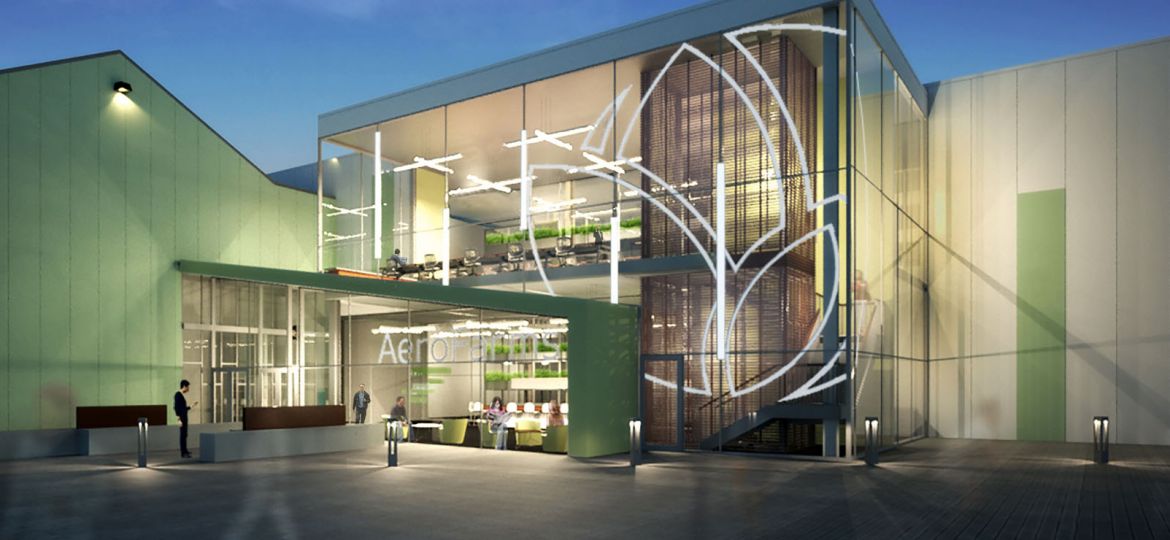
WHY THIS MATTERS IN BRIEF
Pesticide free farming that yields 75 times more produce that a traditional farm, is this the future of farming?
A 21,000 square metre vertical farm, capable of growing a million kilograms of pesticide free produce a year will open in Newark, New Jersey later this year.
Made out of an old steel factory, the farm can produce 75 times more food than a traditional farm of a similar size with the added bonus that it requires far fewer resources and chemicals to operate – furthermore because it is located next to its target market the distance that the food has to travel from “farm to plate” is reduced by up to as much as 99%.
Built by AeroFarms, a US based company intent on creating more environmentally friendly farming solutions, the facility is soil free, uses 95 percent less water than traditional farms and, because it’s pesticide free it doesn’t cause any harmful run off to the environment surrounding it. The farm also uses recyclable materials, and a lighting system that conserves energy by facilitating more efficient photosynthesis.
“Plants rooted in reusable microfleece cloth and stacked in modular planters will be sprayed by a nutrient mist and illuminated by LED lights. We’re targeting specific wavelengths of light for more efficient photosynthesis and less energy consumption. LEDs can also be placed much closer to the plants, enabling greater vertical growing for even greater productivity per square foot,” said AeroFarms.
The farm will also use an “Aeroponic Mist”, which is packed with nutrients and oxygen so the plants don’t suffer from being indoors all the time. This mist has all the nutrients of soil, except the plants don’t need to fish through the waste to get at them, so the theory is that they’ll grow more robust more quickly.
Furthermore, AeroFarms says it can achieve a full crop cycle – that’s seed to harvest, in just 16 days. The farm’s been tipped to open this year, so we’ll soon see if it lives up to its promises. And in a world where traditional farming is struggling to keep pace with our growing global population while at the same time trying to tackle growing concerns about pollution and climate change vertical farms look like an increasingly attractive alternative.
















